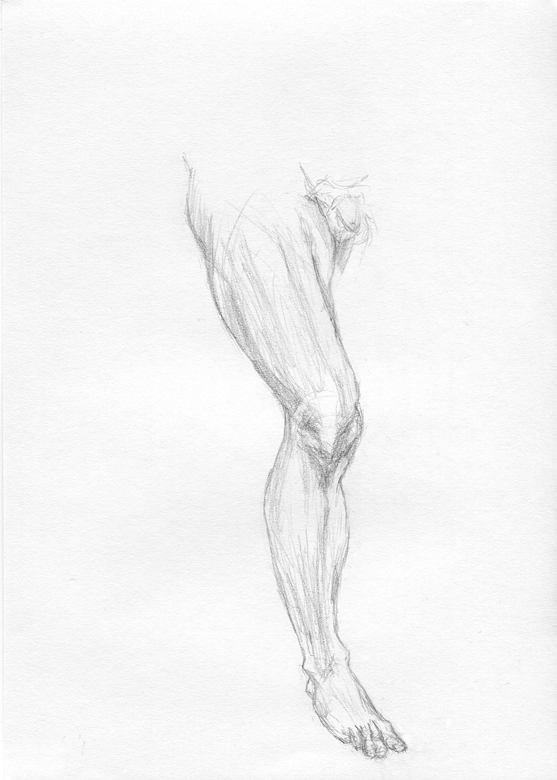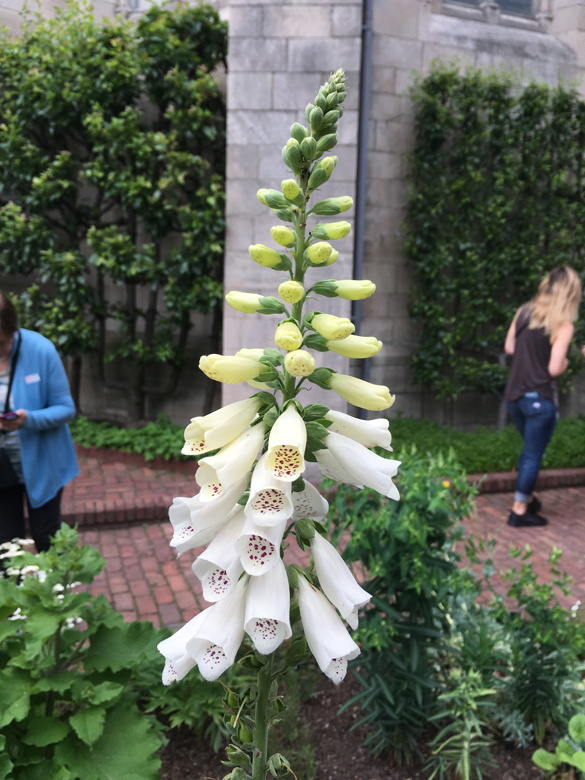CXLV
G’wan Pandora, think outside the box
The Arts of Painting [by Shitao], therefore, enhances endlessly not through the faculty of representation but by using something that comes earlier in the process, the availability to which the painter knows how to gain access and that allows the emptiness within him to emerge, an availability a lot more ‘difficult’ to acquire than what is either commandeered or obtained by effort. This is the decisive capacity that takes the place of our ‘inspiration’ (but one that lacks a mythology – it has no relation, whether or not feigned, to transcendence). Guo Xi had spoken about how, if his ‘internal disposition’ (yi) were fortunate and pacified, free, clear and released, ‘then the expression of human features whether happy or sad, just like the characteristics of things, as varied as they would be in their aspects, would be naturally deposed and ordered in his heart’…
Shitao also returns to this point… ‘When someone allows himself to be hidden by things, he consigns himself to the dust; when he allows himself to be employed by things, the mind becomes over-worked’, Or: ‘When one allows one’s mind to toil in the minutiae of the brush, one will be destroyed; when one allows the ink and brush to be hidden in the dust, one will be constrained.’ Man [sic] ‘then limits himself in it and there is only loss and no gain and finally he is unable to render his mind alert.’ No true painting can emerge from it. [François Jullien, This Strange Idea of the Beautiful, Michael Richardson and Krzysztof Fijalkowski, trans., Seagull Books, 2010. Pp. 156-157]
Go on, Pablito, paint outside the Braques
I was a full-body transplant for the FBI
One cannot underestimate the role of the dog in the transformation of the earth into private property. Dogs have an unerring sense of territory and boundary, wondrously simplistic yet flexible, which has been tremendously useful to us in evolving a system of social relations that has, over time, largely conditioned the basis of our interactions, from our personal “castles” to the State itself. It could be said, perhaps, that dogs taught us the basics – alerted us to a kind of proto-property – and we took the conceptual ball and ran with it, distilled “property” down from terroir into its present form. In a sense, we have found a reverse alchemy. Property allows us to turn our common gold (as in the golden age) into profitable, privatized, ownable, fungible and therefore legally defensible lead.
Thousand li qi
When I stand in front of the blue-tinted hills variegated with vine and olive trees beyond the pink roofs which border the Arno, will I not, indeed, say ‘How beautiful’? Can I avoid this eternal word of tourists, this banal and even hackneyed statement, this statement which everyone in turn has invoked? Do we not understand it as a human exigency, even perhaps as the only one which reconciles our humanity? That of having to impart in this unique term, even if only by murmuring it to oneself, that one carves out and distinguished what is then offered before our eyes and that the suddenly gratified gaze desires to carry away. ‘Beautiful’ is the qualifier with global approval of this ‘thrown before’ the view (and in ‘full view’) of what is considered as an ‘ob-ject’, and as such it cannot be ignored. In the same way, standing before Bargello’s bronze forms or the clear and well-defined colours of the apostles, and their poses, in the Branacci chapel. Standing in front of them, what can I do except discriminate and predicate at the same time: ‘How beautiful!’ Who would like to extinguish this typified cry of confession which spreads in a unanimous (but anonymous) rumor like a sign of recognition among the human masses and that everyone will have unfailingly on the tips of their tongues? And I will certainly do the same, if I formulate a judgment, when I stand in front of the winding cascades and pines, and the vales from which the clouds rise in the paintings of Guo Xi. Just as much, I will resort to this word of the past. I will inevitably also pronounce ‘How beautiful.’ [ibid., pp. 159-160]
Got my hijab workin’, but it just don’t work on you…
To the Trotsky Mausoleum!
Orlando Furioso (seriously pissed-off Roland), which follows and splits off from Orlando Innamorato.
Orlando Magico
pero non numinoso
Y por eso Rolando Peligroso
Who is this Ollie Wockbar?
Orlando Curioso
Cuirassier and cuirassier, as Alice might have said. Queer-assier?
Burner’s the name. Rick Burner. Say, anyone know where I can get some swing around here?
You have not such not such damned flats [submissive people] to deal with as you had before.
This said by a wheelwright to some magistrates in 1830 in light of the Luddite uprisings.
I journeyed to Ethiopia on a Hippogriff for the FBI
Elijah’s flaming chariot: straight to the moon, Angelica, where all lost earthly things repose. Then, finding Roland’s wits, son espirits perdue, you bring ‘em back to earth in a bottle, make him take a whiff, and woosh! back into his noggin they go, after he’s ravaged half of Europe in his lunatic rage. Whew! See? Every cure has its madness. Now we can go back to fighting the Saracens…
Who is Presley and why is he so Elvish?
Overheard at La Bergamote: waiter to patron as the former delivers an order of French toast: “Let me grab some butter for you.”
Noctilucent cloudreams
One way to get to heaven: Chariots of Fire, Elijah
BLT: acronym for Bourgeois Little Twit
GYP: Grotesque Young Person
GOP: …
They thrive jive by night
Matter of France
Matter of Britain
Matter of Rome
Collectively known as the “Three Matters” – dear subjects to medieval literature, and premises upon which so much lore-law is based.
Yet raising the question whether “of” or “with” is the more accurate preposition.
Then, in Chinese qi cultivation, there are the Three Harms, all musts to avoid:
1) Holding the breath or forced breathing: this will obstruct natural breathing and inhibit the movement of qi in the body.
2) The labored use of strength: having excess muscular tension in specific areas of the body. This causes the qi to stagnate and block so it does not circulate freely.
3) Throwing out the chest and sucking in the abdomen: this prevents qi from sinking to dantian.Instead qi tends to float upward.
Ayistmirvoymay!
Pig Latin for “Oy, vay ist mir!”
Roland, my comrade, blow, er, sound your oliphant!
I was a chivalric bromance for the…
Past tense of breaking news: broken news
Turns out that Verrazzano (spelled with only one “z” when referring to his eponymous bridge, was actually named “Melanzana,” but it was messed with by an immigration clerk at Alice Island.
But what of Billy Joe? Melanzana or no?
There was a Cyrus going round Asia Minor, and some folks thought it was Great
The most powerful drug in the Western pharmacopeia: Phenomobarbitol
Don’t bother me, I can’t pharmacopeia
Play that whitey music, funk boy
Médecins sans papiers
Sans coulottes avec chapeaux
Dieu sans plan
Rubble with a cause
If one may have a glass jaw, are crystal balls possible too?
![Leonardo da Vinci. Head and Shoulders of a Woman (La Scapigliata [the disheveled one]). Ca. 1500. Oil, earth, and white lead pigments on poplar. 9 11/16 x 8 1/4 in. Galleria Nazionale di Parma.](http://www.bookoftheworldcourant.net/wp-content/uploads/2016/08/LeonardoWomanHead.bwc_.jpg)
The exhibition card for this painting says that Leonardo may have been inspired by Pliny’s story of Appelles’ “incomplete” portrait of the Venus of Kos, which proved more popular than the one he had “finished.”
Se non e’ vero, e’ ben trovato.
Well found, then, if not well founded.

